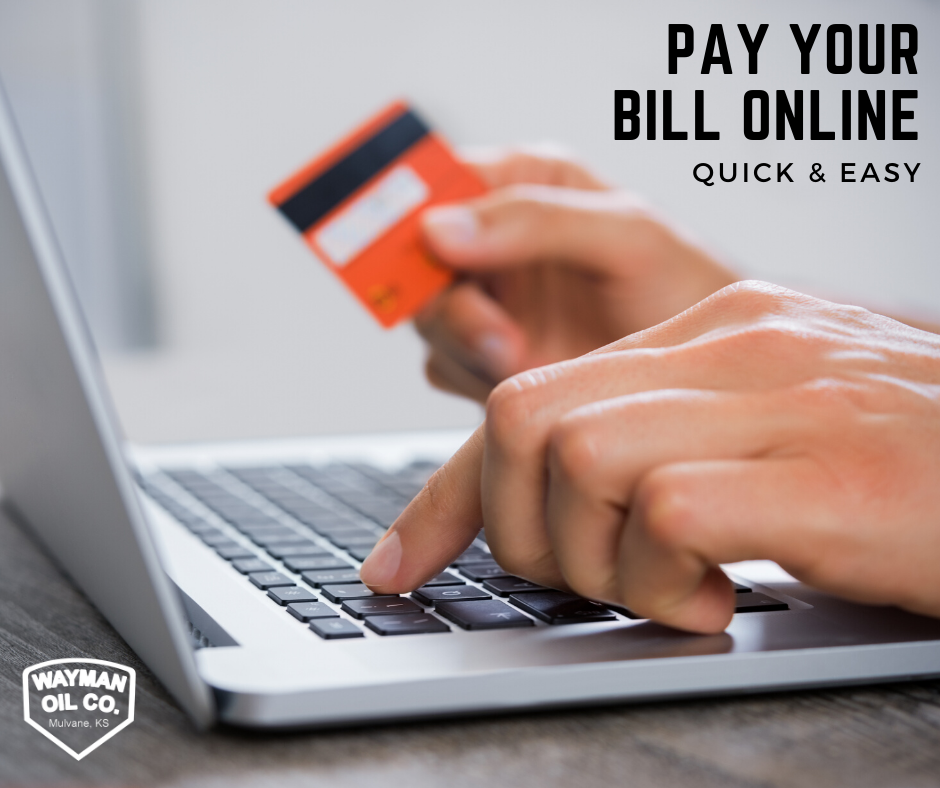Online bill pay has become increasingly popular in recent years. The convenience of scheduling automatic payments and avoiding late fees is appealing to many. However, there are some downsides to consider before switching all your bills to auto-pay. Here are 10 potential disadvantages of online bill pay you should be aware of:
1. Risk of Overdraft Fees
One of the biggest pitfalls of online bill pay is the risk of overdraft fees. When you schedule automatic payments the money will be taken out of your account on the scheduled date regardless of your actual account balance. If you overspend and don’t have enough to cover the payment you can get hit with expensive overdraft fees from your bank. It’s important to closely monitor account balances to avoid this.
2. Potential for Late Payments
While online bill pay can help avoid late fees, it’s not a guarantee. Payments scheduled on weekends or holidays may not get processed until the next business day. If you time a payment too close to the due date, any processing delays by your bank or the billing company could still result in a late payment. It’s best to schedule online payments several days in advance of due dates.
3. Security and Fraud Risks
Any time you provide sensitive financial information online, there are inherent security and fraud risks. Bill pay sites require you to provide account numbers and other personal details thieves could use for identity theft. While reputable companies utilize encryption and other security measures, the risk is never completely eliminated.
4. Technical Glitches
Occasional technical problems with your bank or billing company could also interfere with scheduled payments. Network outages or computer issues could cause payments to fail or get lost. It may take days to resolve the problem and avoid late fees. Technical glitches are rare but possible.
5. Lack of Control
With automatic payments you relinquish some control. Once a payment is scheduled you cannot cancel or change it yourself. You have to depend on the billing company to stop or alter the payment per your request. For last-minute changes, this can be problematic.
6. Missed Notifications
When your bills are paid for you, it’s simple to miss alerts when your accounts change. If you don’t regularly log in to pay your bills, for example, you might not know that your cable company raised your rates. Without proactive monitoring, automatic payments can hide important account updates.
7. Potential Overpayments
In some cases, automated bill payments can lead to accidentally overpaying your bills. Your bill goes down if you switch cell phone plans or cancel a subscription. You might keep paying the higher amount even though you didn’t notice a lower bill or change your payments on purpose.
8. Difficulty Resolving Errors
If something goes wrong, like a wrong payment amount or a duplicate payment, it can be hard to fix and take a long time. Banks and billing companies tend to blame each other. If you don’t have canceled checks as proof, it might be hard to get your money back for billing mistakes.
9. Limited Recourse for Fraud
If you notice a fraudulent transaction on your bank account, you can dispute the charges. But with automated payments, you authorize the billing company to withdraw funds. Your recourse is more limited in cases of fraudulent or erroneous electronic payments compared to checks.
10. No Float Time on Payments
Some people appreciate the “float” time between mailing a check and having it clear their account. Electronic payments happen immediately when they are scheduled. While more convenient, you lose the grace period float between payments coming out and being deducted from your balance.
Whatare virtual payments?
Virtual payments, also known as electronic payments, are digital payments made rather than cash, checks, or physical credit cards. They can be created using online platforms, mobile devices, or other electronic devices.
Isit safe to make virtual payments?
In general, virtual payments are secure because they are processed through secure channels and frequently use encryption technology. However, there is always the risk of fraud and theft, so it is critical to take the necessary precautions to safeguard payment information and prevent unauthorized access.
Are there any disadvantages to online bill pay?
FAQ
What are the cons of bill pay?
Is online payment risky?
What are 3 disadvantages to using electronic digital money?
What are the benefits of online bill pay?

